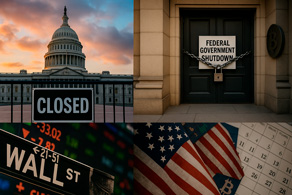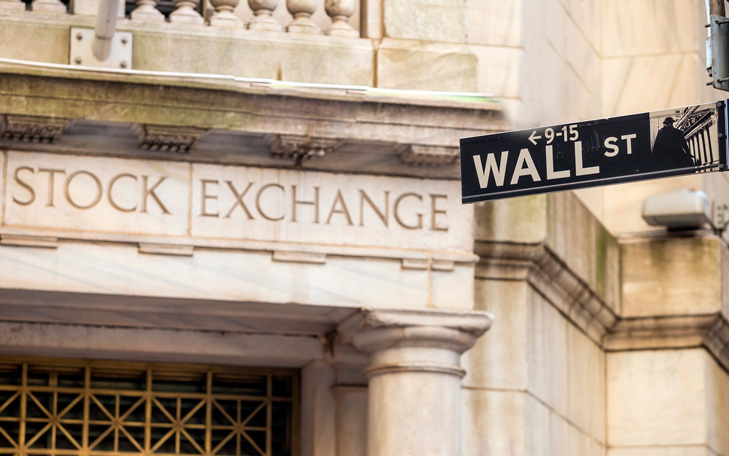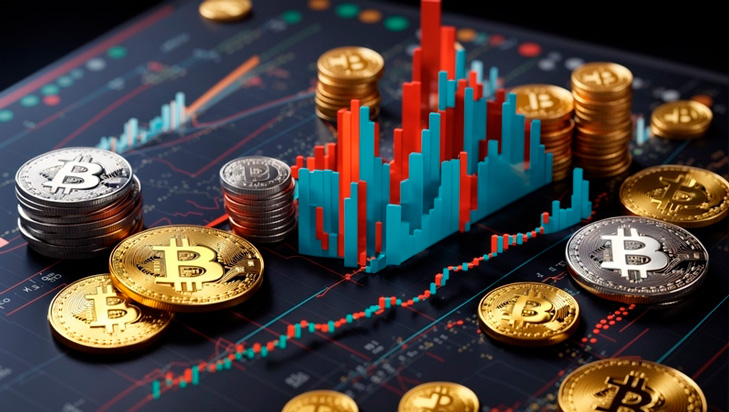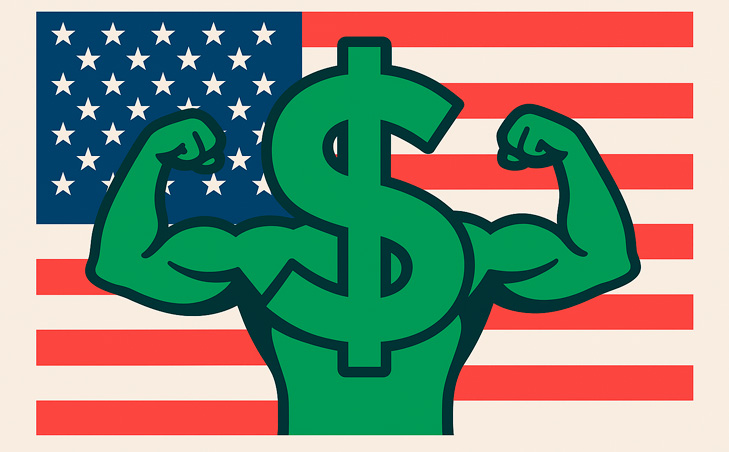What is a shutdown and how does it affect markets?
The US is in a government shutdown again, with federal funding partially halted after Congress failed to pass spending bills for the new fiscal year.

As a result, some non-essential functions of government agencies are being suspended, some employees are being sent on unpaid leave, while essential services continue to operate.
This is done in accordance with the requirements of the Antideficiency Act.
The classic definition is: “A shutdown is the suspension of many federal agency operations until funding is approved” (CRS, Brookings, Committee for a Responsible Federal Budget).
As of October 13, 2025, the shutdown is ongoing, with the administration announcing emergency military pay measures, underscoring the scale of the disruption to normal government operations.
How the shutdown is affecting markets
Stock Market: Historically, full and partial shutdowns rarely cause prolonged declines in US stock indices on their own: dynamics are more determined by macro factors (Fed rates, inflation, financial statements).

Investment fund research shows that the S&P 500 has, on average, performed neutral to positive during past stops, with drawdowns often being short-lived.
However, a lengthening shutdown increases volatility and clogs the information space: statistics (such as the BLS employment report and some inflation publications) may be released with a delay, which complicates pricing and targeting for the Fed.
Sectors sensitive to disruption include contractors and companies dependent on federal contracts and permits/registrations (including IPOs due to SEC restrictions), as well as recipients of grants and government services. The longer the shutdown lasts, the higher the risk of disruptions to payment chains and demand for services.
Cryptocurrency Market: The crypto market reacts primarily to liquidity and risk appetite. The shutdown won't shut down exchanges and blockchains, but it may slow down regulatory processes (legislative debate, individual SEC/CFTC actions) and increase uncertainty.

Most experts point to a dual effect of the shutdown: the pause in data releases has some investors simply waiting, while others believe a prolonged pause could create conditions for a bottom and an upward reversal in risky assets.
US Dollar Strength: In the short term, the dollar often "slows" on the risk of a shutdown due to deteriorating economic and rate visibility. If the shutdown is prolonged, the market may increase the likelihood of a more accommodative Fed rate, putting pressure on the DXY index. However, the effect is usually moderate and variable, with the safe haven and Treasury yields acting in tandem.

In late September and early October 2025, agency news feeds recorded a weakening dollar amid risk and data delays; basic surveys indicate that with delays of more than two weeks, upside risks increase, making the dollar more vulnerable.
What investors should do during the shutdown
- Focus on quality assets. In stocks, focus on strong balance sheets and stable cash flows; in bonds, monitor duration and rate sensitivity (data gaps make it difficult to read the Fed's trajectory).
- For crypto, manage risk. Use limit orders, split entry/exit trades, and hold some stablecoins/cash to react to news. Regulatory news can lag, so don't trade rumors without confirmation.
- Diversify your currency position. If your portfolio has unfunded USD exposure, consider partial hedges/over-allocations, recognizing that the dollar's "shutdown effect" is usually short-term and not always straightforward.
A shutdown is primarily a result of "noise" and data delays, not a fundamental shift in trends. For the broader US market, the historical reaction is typically moderate; certain "government-dependent" segments suffer more. For the dollar, the effect is mixed and depends on the duration of the shutdown.

